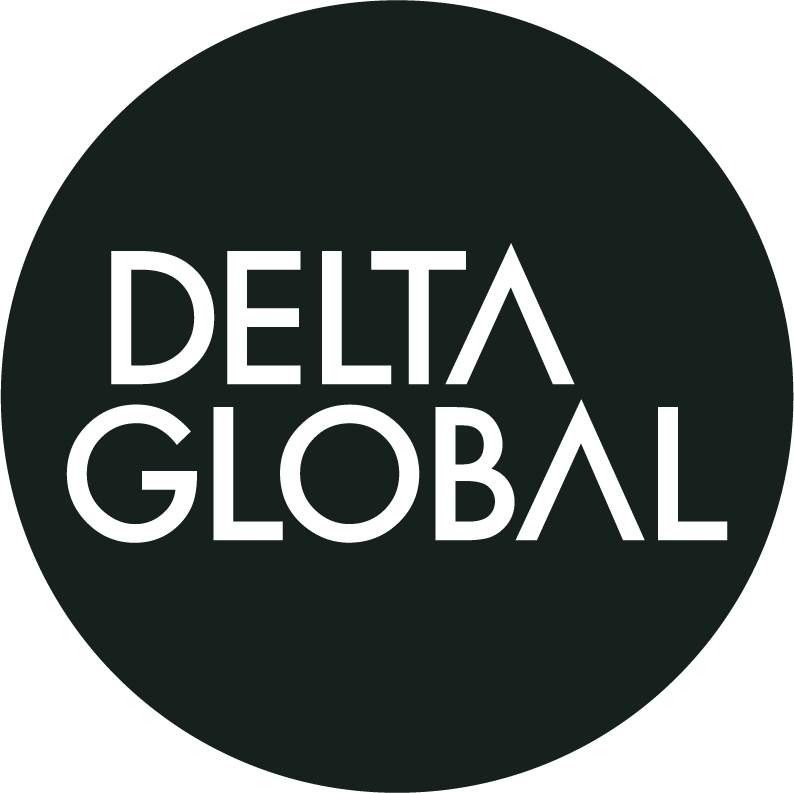

Delta Global Source (UK) Limited

1.6
Leicestershire, United Kingdom
October 2025
Paper & paper products
Wholesale/Retail
Australia,
China,
France,
Hong Kong S.A.R.,
Netherlands The,
United Kingdom,
United States
Delta Global is a purpose-driven company redefining the future of sustainable luxury packaging through innovation, responsibility, and transparency. Partnering with leading global brands, Delta Global creates premium packaging solutions that are both aesthetically refined and environmentally conscious, proving that sustainability and luxury can coexist seamlessly. Beyond packaging, Delta Global empowers brands with data-led sustainability tools, including Delta Global Intelligence for advanced supply chain management and the Delta Global Carbon Tracker for precise emissions monitoring. These digital solutions enable greater visibility, accountability, and measurable progress towards environmental goals, helping partners make informed decisions that drive positive impact. At its core, Delta Global integrates sustainability into every aspect of its operations - from sourcing responsibly to optimizing production processes and championing circular economy practices. The company’s approach balances performance, aesthetics and ethics, empowering brands to make a positive impact without compromising on luxury or functionality.
Overall B Impact Score
Governance 17.1
Governance evaluates a company's overall mission, engagement around its social/environmental impact, ethics, and transparency. This section also evaluates the ability of a company to protect their mission and formally consider stakeholders in decision making through their corporate structure (e.g. benefit corporation) or corporate governing documents.
What is this? A company with an Impact Business Model is intentionally designed to create a specific positive outcome for one of its stakeholders - such as workers, community, environment, or customers.
Workers 22.6
Workers evaluates a company’s contributions to its employees’ financial security, health & safety, wellness, career development, and engagement & satisfaction. In addition, this section recognizes business models designed to benefit workers, such as companies that are at least 40% owned by non-executive employees and those that have workforce development programs to support individuals with barriers to employment.
Community 13.1
Community evaluates a company’s engagement with and impact on the communities in which it operates, hires from, and sources from. Topics include diversity, equity & inclusion, economic impact, civic engagement, charitable giving, and supply chain management. In addition, this section recognizes business models that are designed to address specific community-oriented problems, such as poverty alleviation through fair trade sourcing or distribution via microenterprises, producer cooperative models, locally focused economic development, and formal charitable giving commitments.
Environment 38.8
Environment evaluates a company’s overall environmental management practices as well as its impact on the air, climate, water, land, and biodiversity. This includes the direct impact of a company’s operations and, when applicable its supply chain and distribution channels. This section also recognizes companies with environmentally innovative production processes and those that sell products or services that have a positive environmental impact. Some examples might include products and services that create renewable energy, reduce consumption or waste, conserve land or wildlife, provide less toxic alternatives to the market, or educate people about environmental problems.
What is this? A company with an Impact Business Model is intentionally designed to create a specific positive outcome for one of its stakeholders - such as workers, community, environment, or customers.
Customers 3.7
Customers evaluates a company’s stewardship of its customers through the quality of its products and services, ethical marketing, data privacy and security, and feedback channels. In addition, this section recognizes products or services that are designed to address a particular social problem for or through its customers, such as health or educational products, arts & media products, serving underserved customers/clients, and services that improve the social impact of other businesses or organizations.